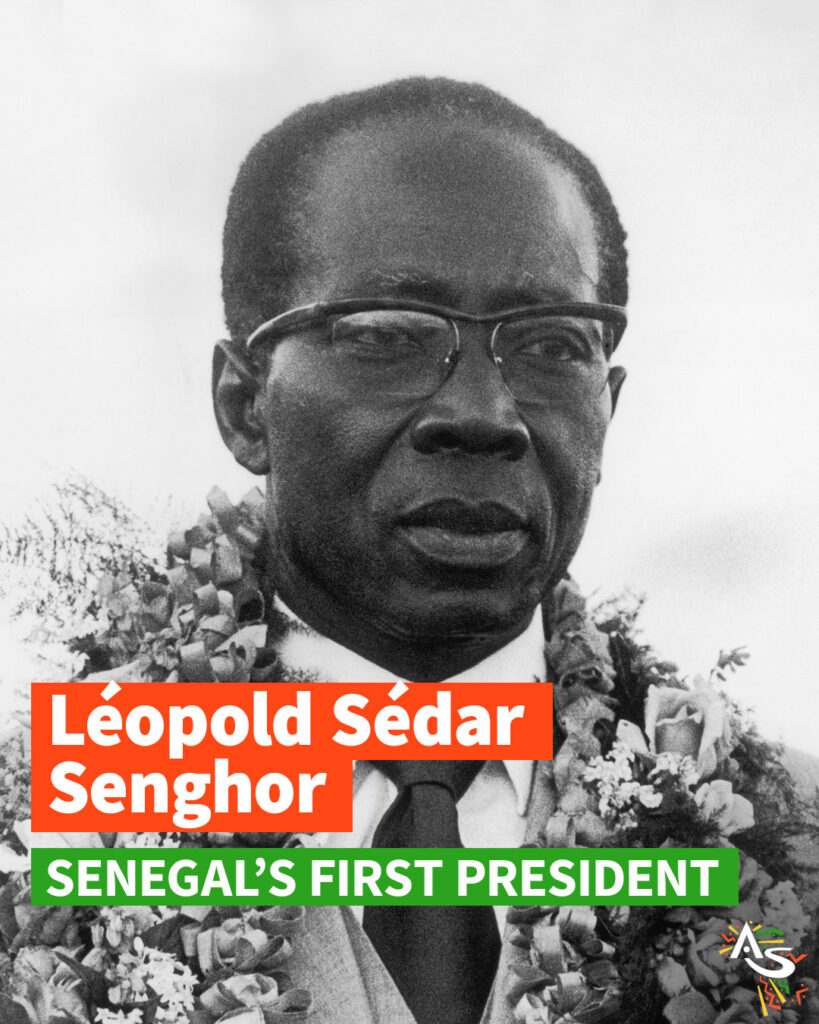Léopold Sédar Senghor, Senegal’s first president and a prominent poet, was born on 9th October, 1906. Under his leadership, the country cozied up to ex-coloniser France after flag independence. As a politician, he promoted and maintained close relationships with Paris. He became a French citizen in 1933 and served as a minister in France before becoming president of Senegal. He was the first African elected into the Académie Française, a French institution that serves as the global authority on preserving the French language. He also served as the dean of the National School of Overseas France, an establishment designed to prepare the future generation of African leaders to serve French interests. By the time he came to political prominence in the 1940s, he advocated for further integration with the French empire rather than independence. Back then, he said his people must “assimilate the spirit of French civilisation” so that it “fertilises indigenous civilisations and brings them out of their stagnation.” As others began calling for independence, Senghor called for a federation that would have maintained Senegal’s status as an overseas territory of France.

As the president of Senegal, Senghor was often criticised for promoting and maintaining neo-colonial policies, turning Senegal into a bastion of la Françafrique (as the French neo-colonial sphere of influence came to be known). France maintained a military presence and deep cultural and financial ties with its ‘former’ colony, which kept the exploitative CFA franc.
Revolutionaries fiercely opposed Senghor. Among them was Omar Blondin Diop, who became a political prisoner and died in prison.
After more than 20 years in power, Senghor quit to dedicate himself entirely to his passion for writing poetry. He died at the age of 95 on 20 December 2001.
